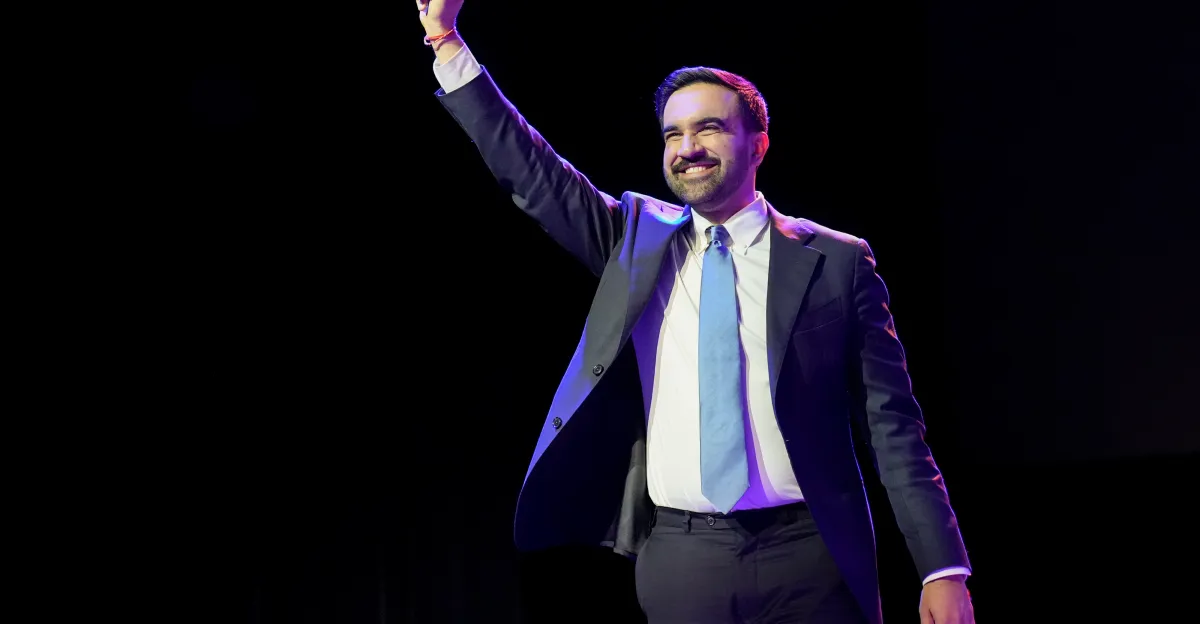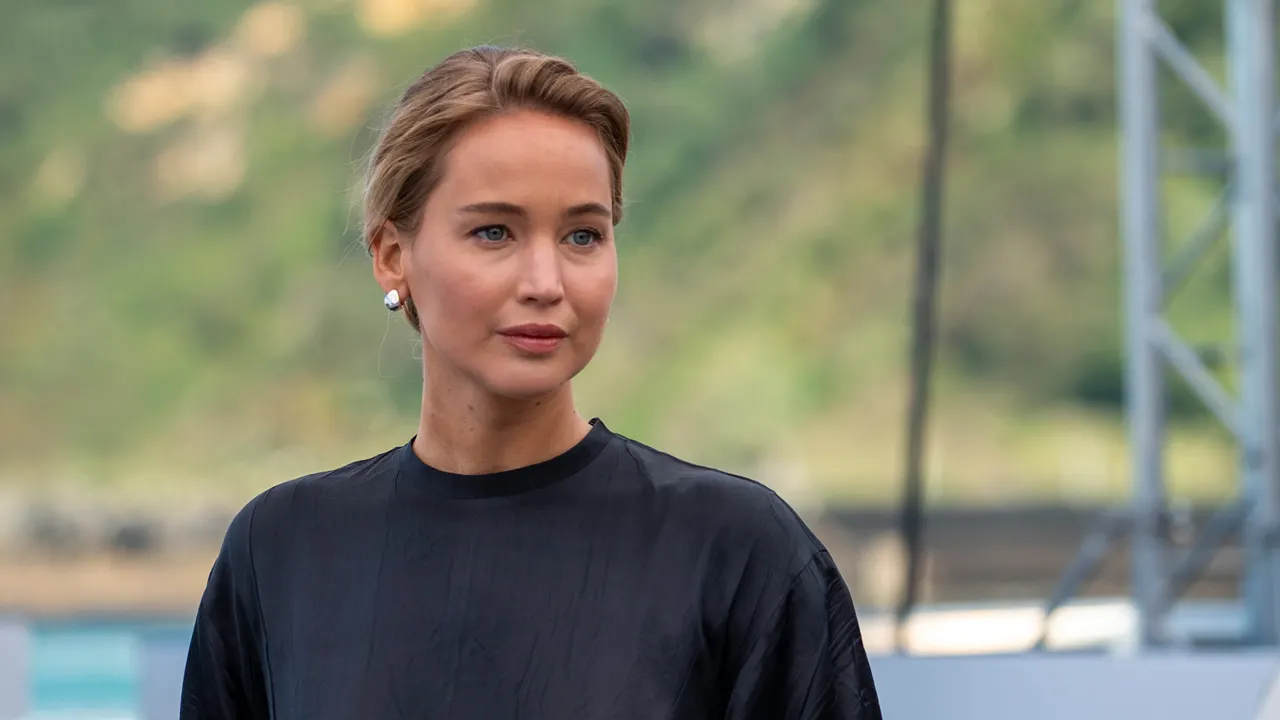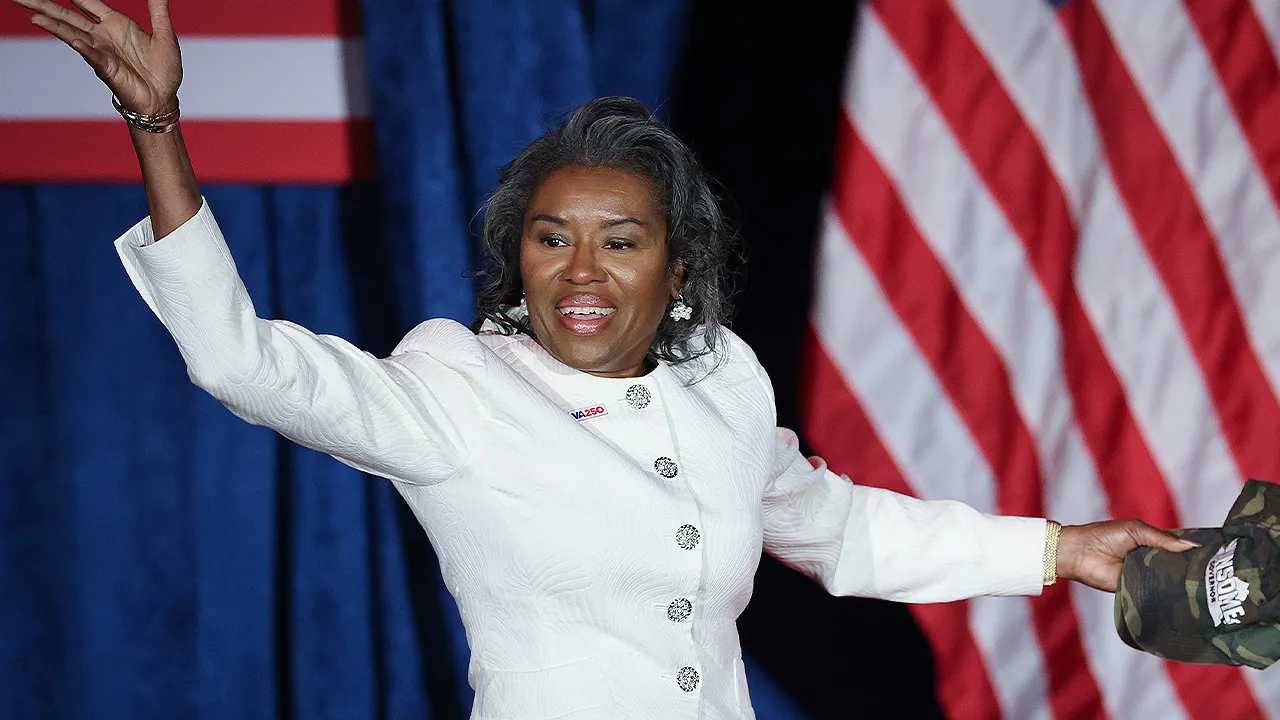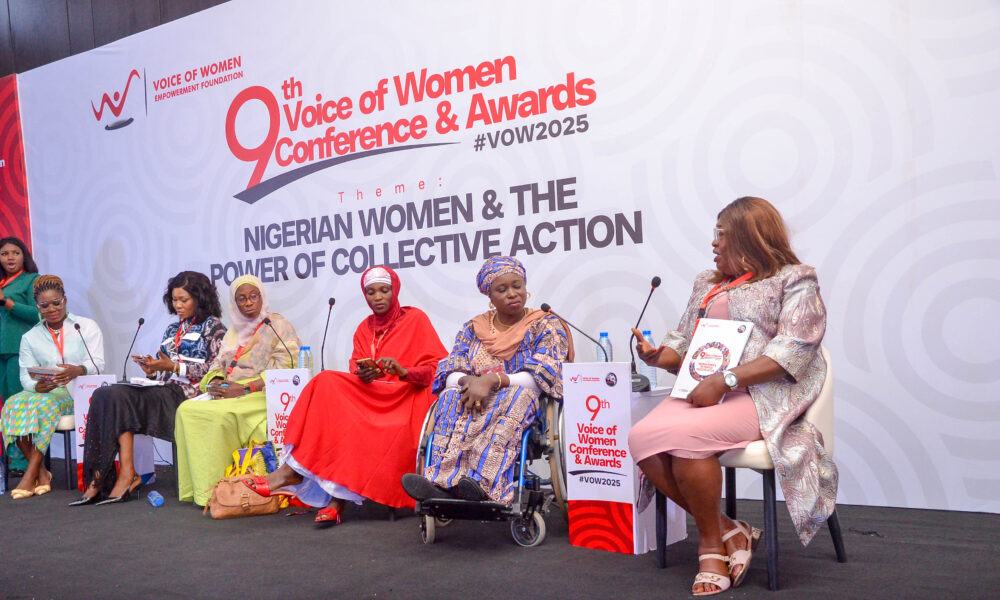Copyright Vox.com

Zohran Mamdani won the New York City mayoral race on Tuesday, defeating disgraced former Gov. Andrew Cuomo and Curtis Sliwa to become the first Muslim and first South Asian mayor in the city’s history. To unpack what Mamdani’s win means, I turned to my colleague Astead Herndon, who was on the ground reporting from an election night watch party for Mamdani. (You may have seen his big Mamdani profile in New York Times Magazine last month.) Astead and I talked about what he’s learned reporting on Mamdani’s campaign, how Mamdani got here, and what his victory means on the national stage, for Vox’s daily newsletter, Today, Explained. Our conversation is below, and you can sign up for the newsletter here for more conversations like this. Zohran Mamdani just won the NYC mayoral race. Why should people outside New York be invested in this? I think that this represents an expansion of the progressive playbook that Bernie Sanders wrote for Democrats in his presidential campaigns. Mamdani has successfully modeled how to create a left-liberal coalition among the Democratic electorate, and he’s also modeled how to reach people beyond the ideological spectrum by bringing newer, and particularly younger, voters into the process. I would say that the reason Donald Trump won the popular vote is because of a dropoff in voter turnout in places like New York and Chicago and a lot of these blue cities. A lot of their brand problem is due to people feeling as if these cities haven’t worked and Democratic governance hasn’t really produced results. And so I would say that this represents a response to that, not just on the electoral front, but also on the policy front. A working city and doing things that tangibly affect people, be it public transit, be it renters, is actually going to produce a better proof point for Democratic politics than they’ve had before. I think that that all adds up to an election that could feel just as impactful as the initial Bernie playbooks felt. Today, Explained Understand the world with a daily explainer, plus the most compelling stories of the day. Email (required) By submitting your email, you agree to our Terms and Privacy Notice. This site is protected by reCAPTCHA and the Google Privacy Policy and Terms of Service apply. Mamdani is a pretty new figure on the political scene. For people who aren’t in New York or haven’t been following this race closely, what should they know about him? For one, he shows how you can grow that type of name recognition outside of traditional channels. He expertly used digital and social media to make an argument. He expertly used organic field organizing to drive energy. He certainly represents democratic socialists. He is someone who has been politically trained in the housing-first, class-based language of democratic socialism and socialist politics. I think the other thing to know is, this is someone who’s advocated on behalf of Palestinians since they were in high school. That has been a guiding light for him in terms of the way he sees frameworks of justice. That doesn’t mean it was front and center in this mayoral race, but for a lot of people, particularly in the last couple of years, being able to openly speak on behalf of Palestinians or to criticize Israel has become an increasing part of their moral litmus test. Even as I’m here, you hear a lot of people say that that’s the reason that they first found him, because he was willing to do that speaking out, and I think that’s important. When you talk to these folks here, someone said very specifically, Well, he was willing to speak out, so I was willing to trust him. And you hear that all the time. I think Democrats have a problem with generational change as well, and so some of this is represented beyond the left-right ideological spectrum. He is someone who could run a different type of campaign because he is of a different era, and I think that also matters. Something we saw a lot, particularly in the final few weeks of the campaign, was some really ugly Islamophobia bubbling up, from Cuomo in particular. Has that come up in your reporting tonight? I don’t think that you can separate that from the big turnout that this race has inspired. Andrew Cuomo, in my opinion, ran a campaign that was insulting to New Yorkers, that was insulting to the city, that wasn’t based in the good parts about the city, but was based in fear of both the candidate and the place and of his religion and identity. I think that Islamophobia backfired. I think that this is not a place where he could cobble together enough Republican votes to win. He needed Democrats, and Democrats don’t like Donald Trump, and they don’t like the way he was engaging in this anti-Zohran behavior. I really think there was a group of people who kind of came [out] because they were offput by the way Cuomo was running. I think that that had an impact in this race, and it could be part of the reasons we saw such a youth surge in the early vote and even on Election Day. He represents emerging groups — Muslim, South Asians, first-generation Americans are a growing part of the Democratic electorate. A pretty succinct reason for people to care is that they’re going to matter much more when it comes to the 2028 primary, and so it’s important for Democrats to break their framework of really seeing race and identity only through the lens of Black and white. Is there anything you think that national media or folks who are just tuning in now are missing or misunderstanding about the campaign that was just run? To that point about his advocacy being helpful, it’s particularly a point about the primary. So the people who just tuned in for the general election, they missed that. There’s a reason he stuck out among all of the other people who were getting in this race, and that’s because he consolidated a larger group of people and spoke out at a time when people were upset for their Democratic leaders not doing so. The other thing I would say is that there was an assumption that Cuomo would keep his numbers among Black voters, and that assumption seems to have collapsed. At least, in places like the Bronx, Mamdani made big gains. I think a lot of people have assumed that some of these coalitions are firm, but voters are dynamic actors; and so as we enter a new era that’s shaped by Donald Trump, I think people are prioritizing an authentic messenger over nearly anything else. And so you can be a moderate, you can be a progressive, but it has to be what you truly believe in. As Mamdani takes office and has to switch from campaigning to governing, what do you think his voters are going to be looking for? I think this expectation is on the agenda he laid out, mainly the three promises: free buses, free child care and the rent freeze. What becomes difficult is, how does he make that happen? He has certainly made inroads with Albany electeds, but that’s still going to require public engagement, public pressure for him to be able to work that inside-out strategy. If these voters come out and then go home, it makes it much harder for Mamdani to get things done. I think the biggest factor for him is the external one. Donald Trump can wreak havoc on New York City, and he may choose to do so, and so that seems to be, to me, the biggest barrier that Mamdani might face. It’s not necessarily his own competence, but what the national environment may impose. You spent a lot of time with him for a big profile that came out last month. You’re on the ground now. What are your impressions of him personally, or your takeaways leaving this campaign season? Sometimes people use “politician” as an insult, but I mean it as a compliment. He’s not a random person out of nowhere. He’s someone who has worked to fit his beliefs into the political structure, has taken some L’s and has grown, and it’s basically workshopped the version of himself that is ready to step into this mayoral moment. The other thing is that he is serious about the job at hand. This isn’t a stepping stone, or at least he’s not viewing it in that way. This is a person who ran to be mayor and wants to be mayor. And so that’s really what struck me, and I think it’s the reason he’s been successful, is because he put that level of intention into the world.



